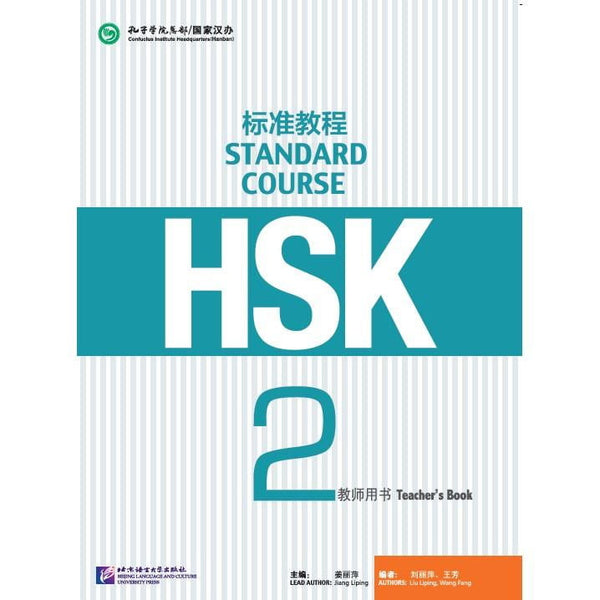Tags: chinese , chinese-english , chinese-simplified , educational , graded-reader , HSK , HSK3 , intermediate , learning , pinyin
The Immortal Peaches : A Story in Simplified Chinese and Pinyin, 600 Word Vocabulary Level
- Author: Jeff Pepper & Xiao Hui Wang
- Availability: 1 In Stock
- ISBN: 978-1-95260-103-3
CHF 15.40
In this, the 3rd book in our Journey to the West series, we wrap up the story of Sun Wukong's early years, before he joins the monk Xuanzang's little band of travelers and journeys to the West. Once again the...
In this, the 3rd book in our Journey to the West series, we wrap up the story of Sun Wukong's early years, before he joins the monk Xuanzang's little band of travelers and journeys to the West. Once again the Monkey King's unlimited ambitions and uncontrolled appetites land him in deep trouble. He is given a job in heaven taking care of the Emperor's Garden of Immortal Peaches, but he can't stop himself from eating all the peaches. He impersonates a great Immortal and crashes a party in Heaven, stealing the guests' food and drink and barely escaping to his loyal troop of monkeys back on Earth. And in the end, he battles an entire army of Immortals and men, and discovers that even calling himself the Great Sage Equal to Heaven does not make him equal to everyone in Heaven.
This book is based on Journey to The West (西游记, xī yóu jì), an epic novel written in the 16th Century by Wu Chen'en. The novel is loosely based on an actual journey by the Buddhist monk Tangseng (called Xuanzang and Sanzang in earlier books), who traveled from the Chinese city of Chang'an westward to India in 629 A.D. and returned 17 years later with priceless knowledge and texts of Buddhism. Over the course of the book the band of travelers face the 81 tribulations that Tangseng had to endure to attain Buddhahood.
All of the stories in this series are all written in simple language suitable for intermediate Chinese learners. Our core vocabulary is the 600 words of HSK-3, plus all the words that were introduced in the previous books of the series. All these words are in the glossary at the back of the book. Whenever we introduce a new word or phrase, it's defined in a footnote on the page where it first appears, and it also appears in the glossary.
In the main body of the book, each page of Chinese characters is matched with a facing page of pinyin. This is unusual for Chinese novels but we feel it's important. By including the pinyin, as well as a full English version and glossary at the end, we hope that every reader, no matter what level of mastery they have of the Chinese language, will be able to understand and enjoy the story we tell here.
Pages: 126








![HSK Standard Course 1 Textbook [+MP3-CD] - Confucius Institute - asia publications](http://asiapublications.ch/cdn/shop/products/hsk1-std-front_600x600.jpg?v=1566675677)
![HSK Standard Course 1 Workbook [+MP3-CD] - Confucius Institute - asia publications](http://asiapublications.ch/cdn/shop/products/hsk1-work-front_600x600.jpg?v=1566675679)

